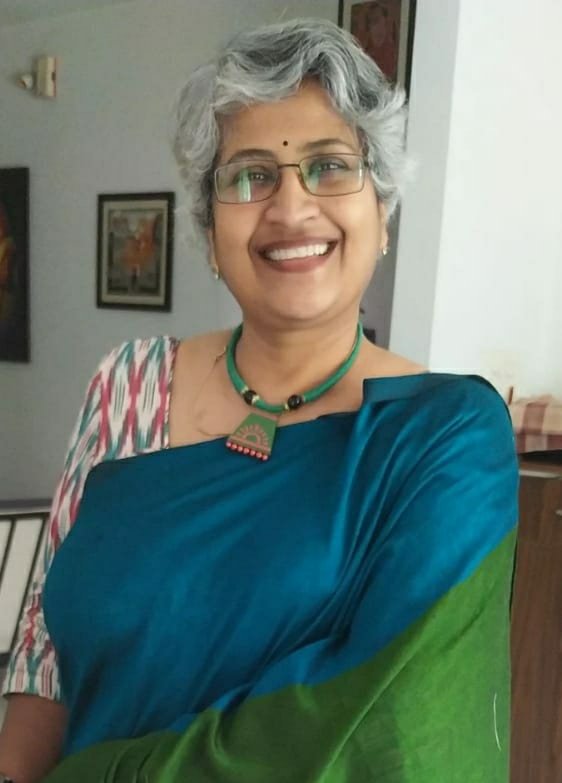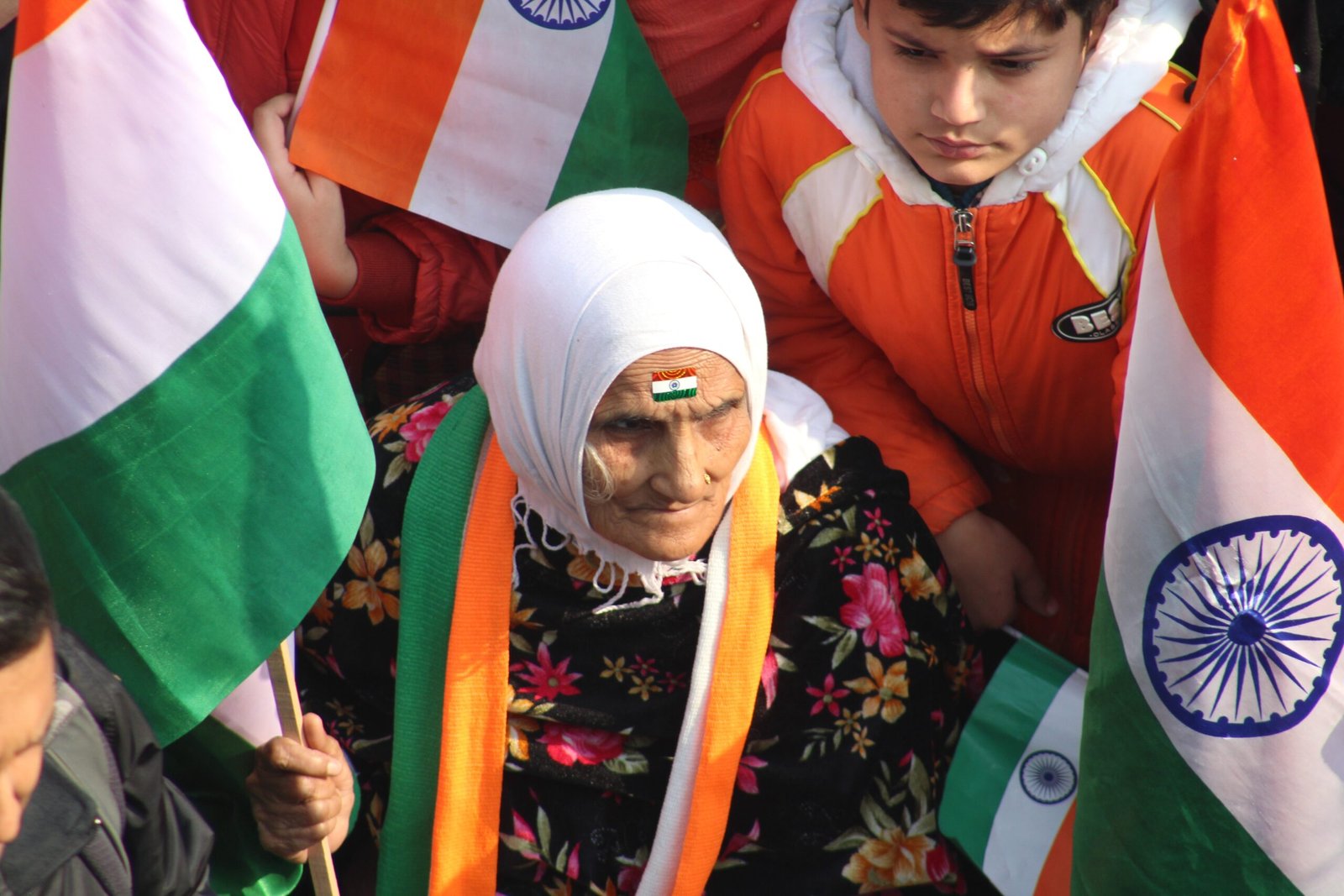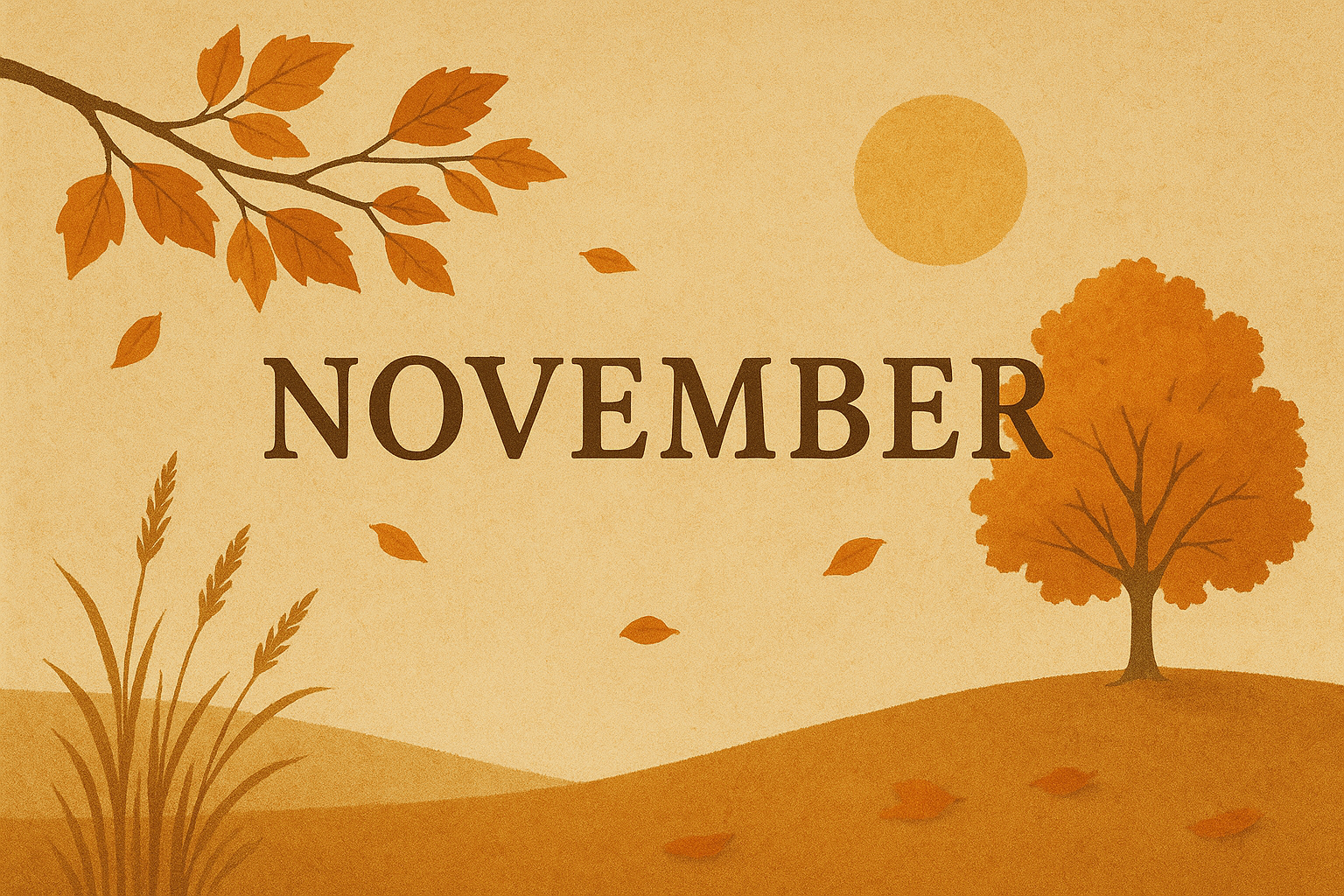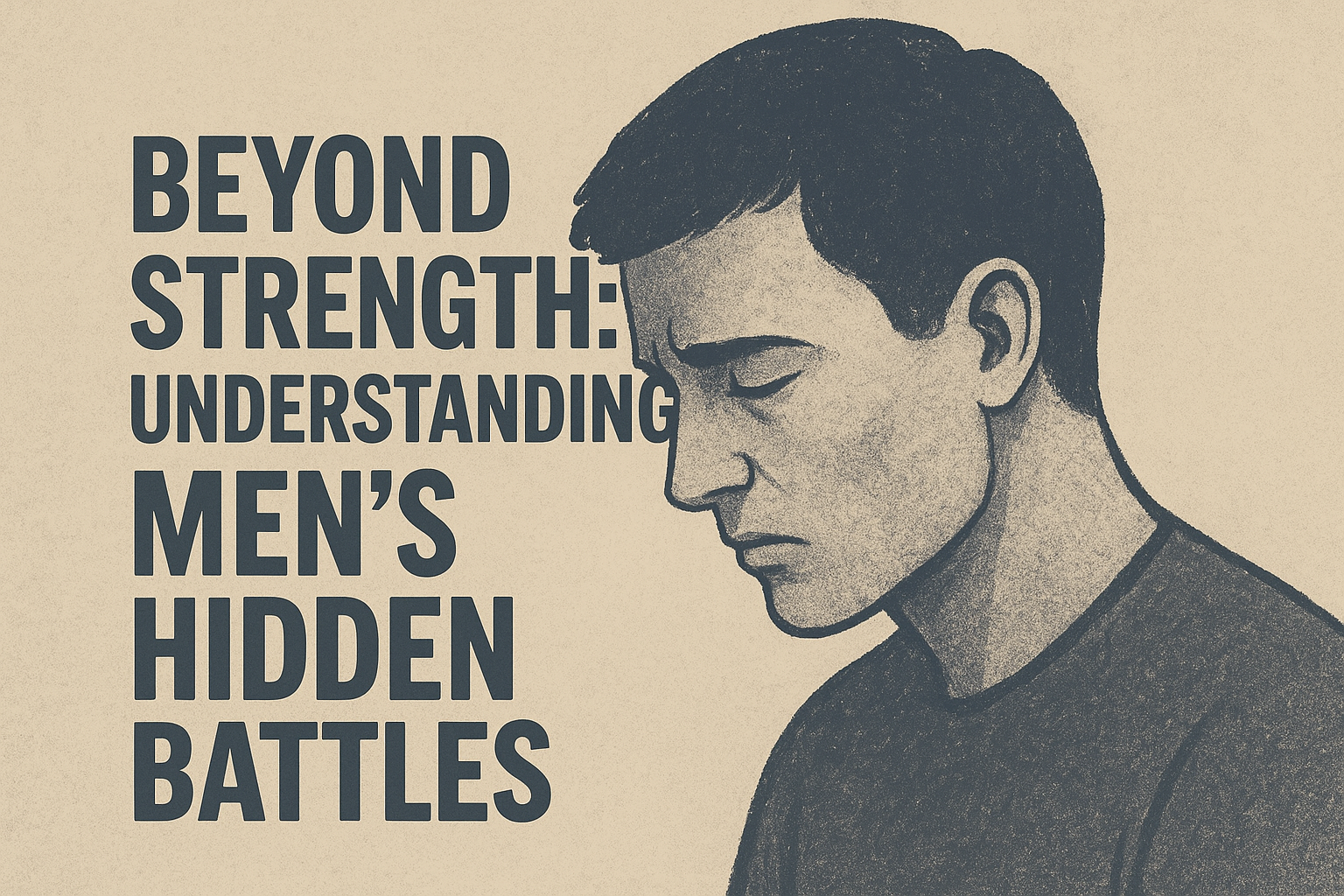Amlan could feel a pair of eyes glued on him even though he did not care to look up. He had been sitting there for quite some time now, looking vacantly at space – a man whose last flicker of hope had just died.
The receptionist was perplexed – nobody remained seated in the visitor’s room after the consultation unless there were tests to be done. As far as she knew, all tests had been done, the reports had been handed over, and he had just left the doctor’s chamber.

The receptionist, an old hand, has witnessed many scenes of joy, sorrow, despair, and hope – the emotions often played in succession at this infertility clinic. Yet, this elderly man with a surprisingly young face intrigued her. He was 56 – the database told her. During his past visits, he was accompanied by his young wife – she was only 34 and got some tests done. The receptionist surmised that the lady must be his second wife; the first one conveniently ditched for a male heir. She could presume this confidently after ten years in this job. Often, it would give her the creeps, conjuring up images of those old, wrinkled parasites feeding on young and radiant skin.
Yet his sincere and intelligent face did not seem to fit into this conventional tale she often saw being played out at the clinic. Neither did his wife. She exuded the confidence of a working woman, not the typical pliant women who frequent the clinic, clinging to their husband or companion and wearing a pathetic expression, blaming themselves for being barren.
Today, the man had met the doctor alone. The receptionist knew the contents of the report he held absent-mindedly – she had entered the details in the database. Perhaps her keen scrutiny broke through his musings, and Amlan got up, a bit unsteadily. He felt every bit of his age as he took out his cell phone to switch it on and then decided against it. He was not yet ready to talk to Rhea. She had pinned all her hopes on this, while he was the reluctant one.
“You might be saddled with a child alone, and I may not be around to bring him up. At least in that case, you would be able to begin life afresh,” he had told her, despite her disdain for any reference to their age gap.

“The reverse might happen as well, there is every possibility that I might die before you do. I married you only because I want a child. Otherwise, we could have just gone on living together,” she had told him, twirling her finger around a strand of his chest hair.
This was the only moment he felt they belonged to different generations. She was never in awe of society, while his generation was always concerned about societal expectations.
“I am not sure. I am too old for this, I guess,” Amlan had replied.
“I guess you are enjoying your well-earned freedom and don’t want to let it go,” she told him, her eyes twinkling in mischief.
In response, he had only held her tighter.
He still could not believe the strange twists of fate. At one point, he had given up on the hope that he would be free after making innumerable rounds of the courts – lower, high, divisional bench, and then apex court. Seema was not ready to grant him a divorce even though they had begun living separately almost within a year of marriage. She, the proud daughter of a high-ranking bureaucrat who had joined politics after superannuation, had expected him to be a servile husband. She had refused to share his bed and have his child and tormented him and his parents till they died.
She led her life as the queen bee of the elite society, regularly featured in page 3 of newspapers and lifestyle magazines. Yet, she gained some sadistic pleasure in keeping Amlan leashed. When he filed for divorce, she fought tooth and nail, marshalling all her resources and pulling all possible strings to prevent the divorce. Amlan, an immensely private person, found it difficult to wash dirty linen in public, giving details of their conjugal life or its non-existence before the courts. Nevertheless, Seema had made one mistake – thinking Amlan to be a docile man.
He had been threatened by police, higher bureaucracy, and politicians but stood his ground. He was lucky to find a lawyer who empathised with him and sincerely fought his case.
Two decades of his life were wasted in the legal battle which had left him high and dry. His ordeal was over, but it left Amlan an embittered man. Only his innate goodness prevented him from being overtly cynical.
And then, Rhea happened.
He had never thought he would be able to love another woman again. But bit by bit, she had brought him out of his shell. A law graduate, she was a junior to his advocate. Initially, they exchanged numbers while she helped him to prepare his brief. Their friendship grew; however, she waited two years after his divorce to confess her feelings. He had resisted, but his defences gradually crumbled.
The impatient honking brought Amlan back to his senses. The signal had changed to green from red. Some distance away, he parked his car parallel to the kerb and simply sat at the wheel.
Distraught, he was in no position to drive.
All their hopes have been dashed.
Thankfully, she was caught up in a case and couldn’t accompany him. He had been reluctant from the beginning, but she wore him down.
“Do you know Bertrand Russell had a son when he was well past sixty?”
He didn’t, but then Russell never cared a fig about society.
She had teased, “How many of your friends still enjoy defying the gravitational pull?”
He had admitted, “None. They are too busy setting aside funds for their children’s education or planning their post-retirement life.”
In the end, Amlan had relented.
He could not avoid comparing the two women in his life.
Seema – tall and fair, her skin like cold alabaster; now, in hindsight, he suspected her to be frigid though she preferred showing a lot of skin and that, he guessed, was more because she wanted to rile him.
Rhea was dark-complexioned, yet her face radiated an inner peace and serenity; her soft yet strong nature was perhaps what he needed most at that juncture. She had brought to his life those little happy moments of domesticity that most of his friends and acquaintances take for granted but eluded him so long.
Shy and reserved by nature, and after living all by himself for such a long time, Amlan was yet to get into the habit of making demands as other husbands do or sharing his thoughts, but she had adjusted to his long silences. He wondered how she could be so sensitive, coming from a broken family. At one point, it seemed a blessing though, as her parents, caught up in their own lives, hardly cared whom she was getting married to; otherwise, it would have been difficult convincing them. And he was no longer prepared to wage another long battle.
Yet, in the end, happiness has deluded them – he thought forlornly.
He, too, wished for an offspring. It wasn’t as if Seema’s rejection still rankled, but he wanted to experience that joy, feel that rush of parental affection when you hold your child in your arms.
They had stopped using any protection for a year now, yet Rhea had not conceived.
The doctor had euphemistically explained to him about blocked pipelines to get his point across. He had restrained the urge to tell him on his face that they were human beings and not some plumbing utilities.
Amlan rolled down his window for some fresh air; instead, an unbearable stench hit him. He had unmindfully pulled up beside the city’s dumping yard. On an impulse, he got out of the car. He quietly walked over and threw the reports in the smelly heap of garbage and drove home.
Now, he will just have to call the doctor.
Amlan was careful to ensure his voice was even when he broke the news to her. Yet, his voice trembled slightly.

“It’s me. My sperm count is too low. Possibly, it is because of my age.”
She rested her hand on his back in sympathy.
He knew Rhea would not probe further.
She loved him too much to suspect otherwise.

By Anindita Chowdhury
Anindita Chowdhury is a special correspondent of the English daily, The Statesman. She is based in Hyderabad. Apart from reporting, she writes short stories and essays with special focus on history, particularly the social and cultural aspects of the bygone era. She can be contacted at aninditasmail@gmail.com.















One Response
My brother has suffered such marital abuse at the hands of his wife and the legal battle is still going on. Therefore, this lovely story struck a personal cord in me as a sister. Beautifully fleshed out, it gives hope that my brother may also find love some time in the future.